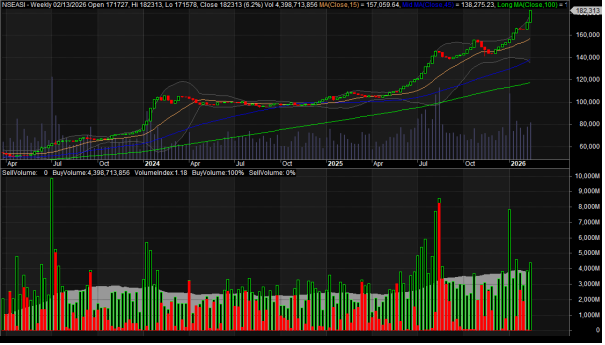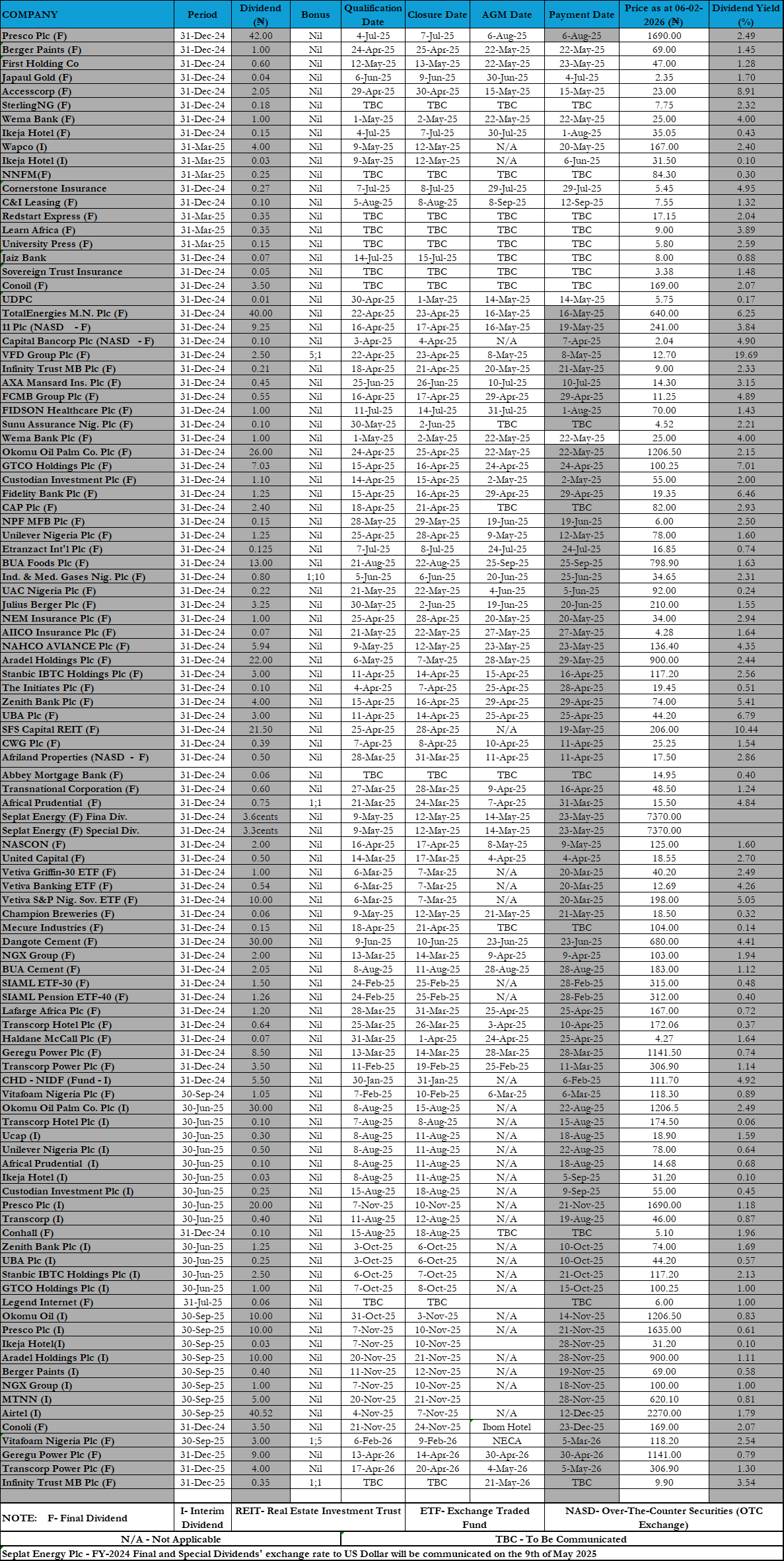
The National Bureau of Statistics (NBS) on Tuesday, 17 September 2019 released the Consumer Price Index (CPI) report which measures inflation for August 2019. An overview of the report shows that inflation dropped lamely to 11.02% y/y in August. When compared with the previous month’s record (11.08%), it shows six basis points (bps) reduction. This is the third consecutive month of a downtick in the inflation reading since May. Similarly, on a month-on-month (m/m) basis, the headline inflation index lowered to 0.99%, representing 2bps below July’s record of 1.01%.
The food and core inflation indices were reported at 13.17% and 8.68% compared to July’s 13.39% and 8.80% respectively, while the food inflation shed22bps, the core inflation shed 12bps amid moderation in causative factors due to growing harvest season and relative FX stability. Therefore, the decline in the headline inflation was driven significantly by y/y and m/m disinflation in food and core inflation indices.
Further analysis showed that disinflation continued in August 2019 despite several pronouncements regarding restrictions on the import of some food items, minimum wage, and the recent border closures. It is important to note that with respect to the latter, the border was only closed 20 August 2019 with only 11days left out of 31days of the month for any significant impact to be felt either way on prices. Note that the inflation rate is aggregate average prices of goods and services for a whole month. Furthermore, the harvest season and existing weak consumer demand and their lukewarm effect to prices were also major factors to the moderation in the headline inflation.
Impact on scheduled MPC Rate Decion
With the three months consecutive disinflation, the CBN at its MPC meeting for September 2019 which begins today will lightly have its burden reduced. But it still has the grappling slow economic growth, sluggish manufacturing-PMI, weak equity, and debt security returns and the high unemployment rate to ruminate on. Importantly, the MPC will review the impact of recent efforts of the CBN at boosting credit facility to the private sector, as well as consider effects of new developments such as border closures and FXrestriction on imported food items on the inflation rate.

Source:CBN, ImperialAsset Research
From the global market, volatilities in the crude oil market following recent attacks on Saudi Arabia’s oil facilities, Brexit uncertainty, unabated US-China trade conflicts, rising accommodative policy stance by developed markets, will undoubtedly fickle the minds of MPC on whether to hold, increase or reduce rates. However, we are of the view the MPC will likely keep policy rates unchanged rather than cut or hike rate amid relative FX stability and in order to complement the moral suasion efforts on increasing credit to the economy thereby boosting productivity.
Inflation Outlook for September
We expect several factors to exert a pressure on the headline inflation index for the month of September. In the last three years, the month has witnessed a m/m inflation decline consecutively.However, due to recent developments around border closure and the implementation of the restriction of FX for imports of dairy products, we expect these to overshadow the supply of new produce from the ongoing harvest season. Accordingly, we expect pressure on food inflation sub-index to resurface, while the core inflation should remain lukewarm amid the continued regulation of PMS prices and relative stability of FX rate. As such, we expect headline inflation to inch up marginally to 11.12%y/y, representing 10bps upward pressure from current level.













